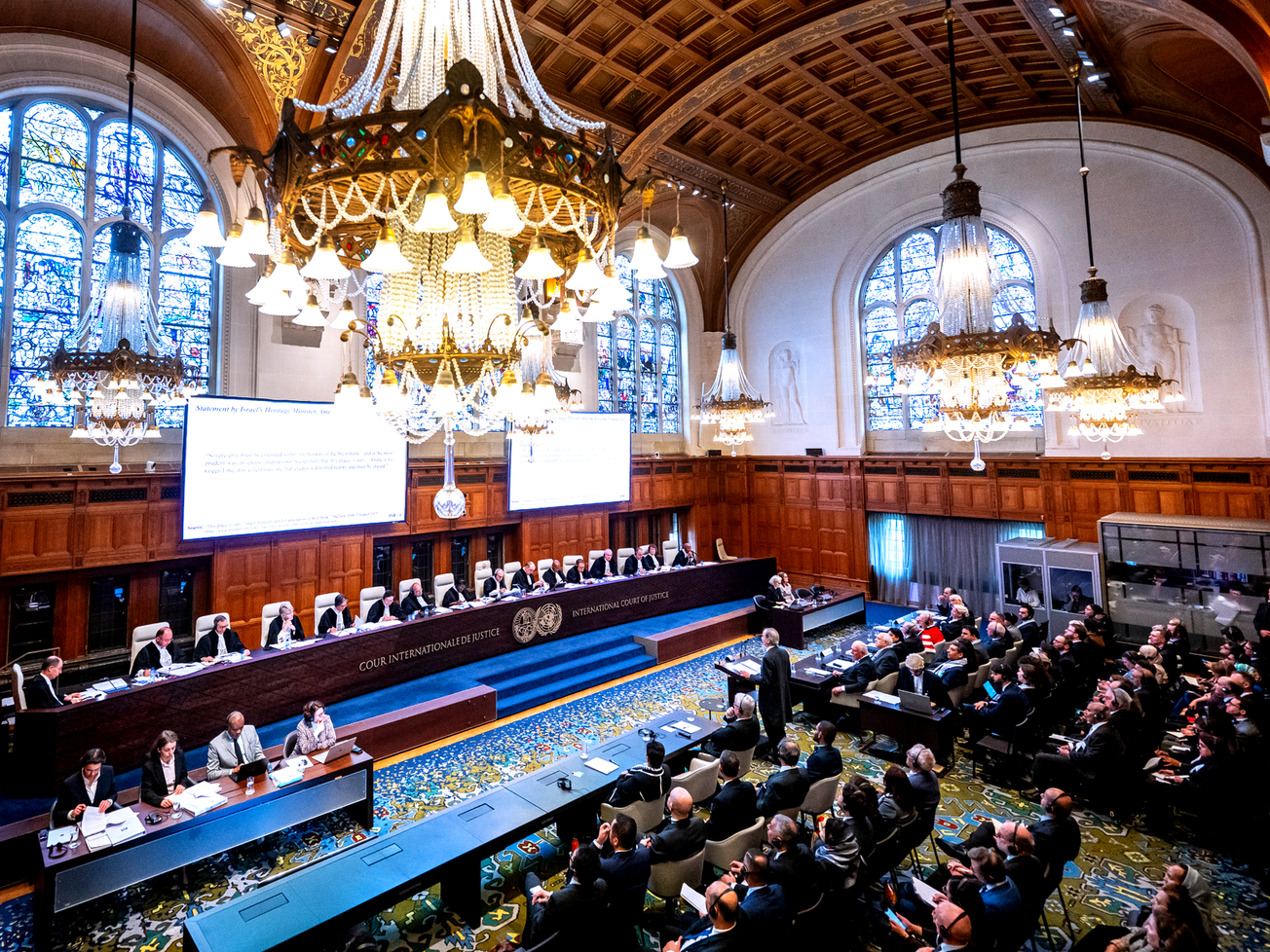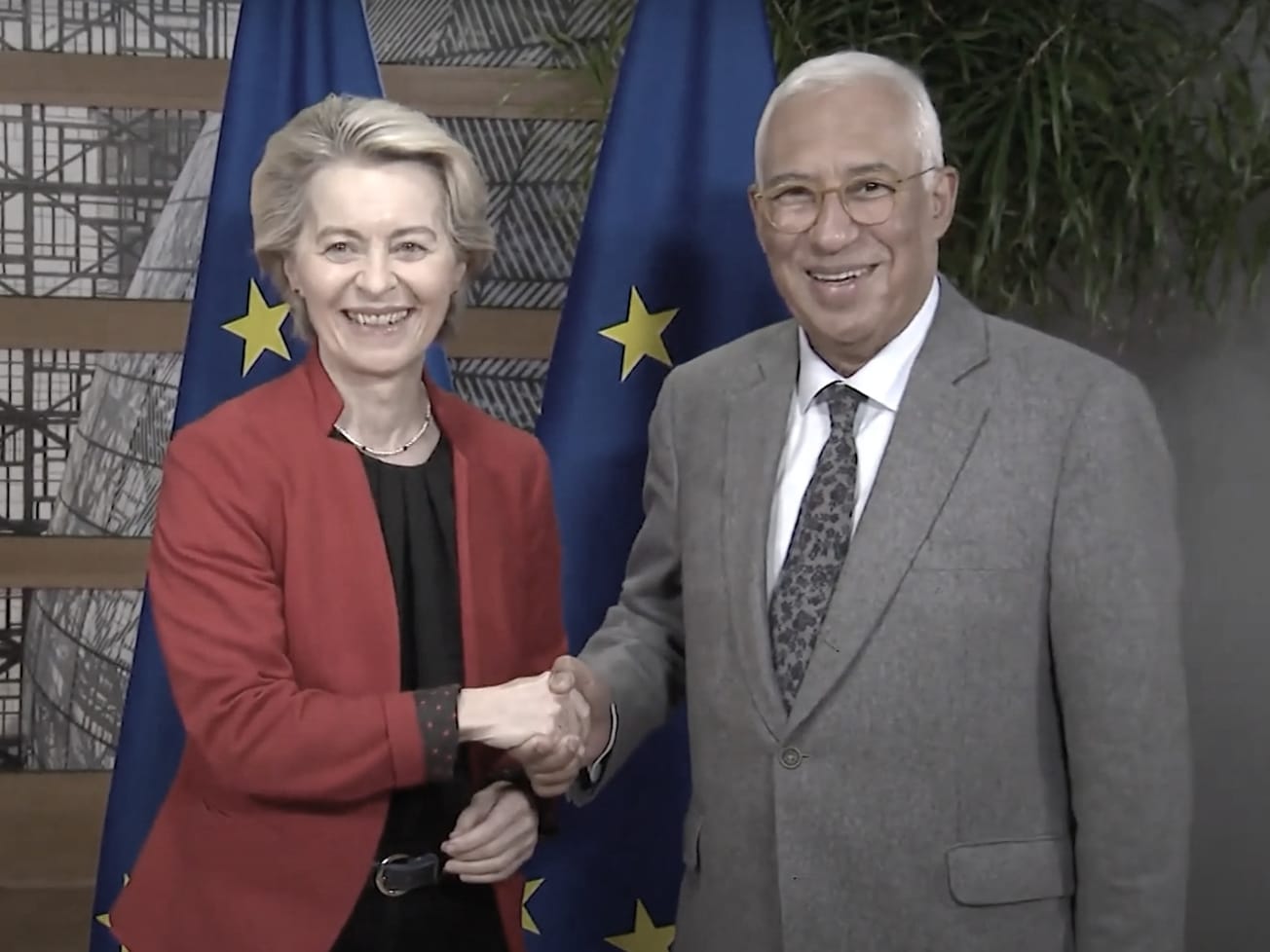BRUSSELS (AN) – The International Court of Justice determined that Israel’s occupation of Palestinian territory is illegal under international law and called on it to end its presence “as rapidly as possible.”
The U.N. top court's historic advisory opinion on Friday said Israel should pay full reparations for damages caused over the 57-year occupation. That would include the right to return of land, assets, and cultural property seized from Palestinians since 1967.









